7 Must-Watch Films for Behavioral Science Enthusiasts
- Dr. Elena Talavera
- Dec 27, 2024
- 3 min read

If you’re passionate about understanding human behavior, decision-making, and the psychology behind choices, movies can be an inspiring and insightful medium. Here’s a list of 7 essential films that explore behavioral science concepts. Enjoy!
1. The Big Short (2015)
Synopsis: The Big Short is the riveting true story of a group of eccentric investors who predicted the collapse of the U.S. housing market in the mid-2000s. Armed with data and unconventional thinking, they discovered how deeply flawed and corrupt the mortgage-backed securities system was. While their investments against the housing market eventually paid off, the financial collapse had devastating consequences for millions of everyday people.
Insights: This film highlights cognitive biases such as herd behavior, where market participants blindly follow trends, and confirmation bias, as financial institutions ignored red flags to preserve their optimistic narratives. It also explores the systemic impact of overconfidence and moral hazard in decision-making. Notably, Richard Thaler’s cameo provides an elegant breakdown of the Hot Hand Fallacy, a key concept in behavioral economics. The movie underscores a vital truth: at the heart of even the most complex financial systems are human decisions—driven by emotions, biases, and flawed incentives.
2. Moneyball (2011)
Synopsis: Based on the true story of how the Oakland Athletics transformed baseball, Moneyball follows Billy Beane, the team’s general manager, as he uses data analytics to challenge traditional recruitment strategies. Beane builds a competitive team on a limited budget, revolutionizing the sport in the process.
Insights: Moneyball is a powerful example of challenging entrenched biases like availability bias (relying on past patterns) and representativeness heuristics (judging players by conventional traits). By embracing data-driven decision-making, Beane demonstrates how questioning intuition and focusing on objective measures can lead to smarter outcomes. This film is a testament to the power of behavioral science in disrupting traditional systems.
3. 12 Angry Men (1957)
Synopsis: In this courtroom drama, 12 jurors deliberate the fate of a young defendant accused of murder. While most are ready to convict, one juror systematically deconstructs the evidence, challenging biases and encouraging critical thinking.
Insights: This classic film is a study in groupthink, anchoring bias (fixation on initial evidence), and the power of persuasion. It demonstrates how social influence, emotional reasoning, and preconceived notions can cloud judgment, while rational discourse and critical thinking can unravel biases.
4. The Wolf of Wall Street (2013)
Synopsis: This high-energy drama tells the story of Jordan Belfort, a stockbroker who builds a fortune through unethical practices. As his empire grows, so do the consequences of his actions.
Insights: The film illustrates risk-seeking behavior, overconfidence bias, and the dark side of influence and persuasion. It’s a cautionary tale about how unchecked greed and unethical incentives can distort decision-making and lead to destructive outcomes.
5. A Beautiful Mind (2001)
Synopsis: This biographical drama follows mathematician John Nash, whose groundbreaking work on game theory revolutionized economics. Despite his struggles with schizophrenia, Nash’s contributions continue to influence behavioral science.
Insights: The film introduces the concept of game theory, a foundation of behavioral economics that explains strategic interactions in decision-making. Nash’s equilibrium concept highlights how individuals’ choices depend on the anticipated actions of others.
6. The Truman Show (1998)
Synopsis: Truman Burbank lives a seemingly idyllic life, unaware that it’s part of a reality TV show. As he starts to question his reality, he discovers the truth about his controlled environment.
Insights: This film explores how choice architecture and environmental factors shape decisions and beliefs. It’s a metaphorical exploration of nudges and the invisible forces influencing our behavior.
7. The Experimenter (2015)
Synopsis: This biographical film explores the controversial experiments of Stanley Milgram, who studied obedience to authority figures by having participants deliver (fake) electric shocks to others.
Insights: Milgram’s experiments reveal the profound influence of authority on human behavior and the limits of individual autonomy. The film offers a chilling exploration of social proof, obedience bias, and ethical dilemmas in behavioral science.
Films can be more than just entertaining; they can serve as powerful educational tools, bringing abstract behavioral science concepts to life. Watching them can deepen your understanding of human behavior and provide compelling examples for your work and discussions. If you're a behavioral science enthusiast eager to continue learning, visit our Center for Behavioral Decisions Academy to explore our learning opportunities and offerings.
If you’re a behavioral science enthusiast and want to learn more about how behavioral science can help you or your organization make an impact, contact us!

